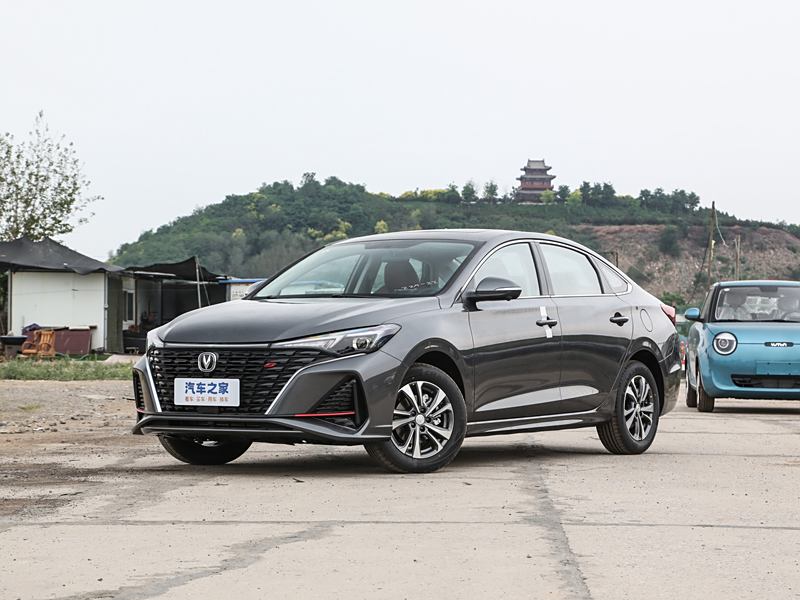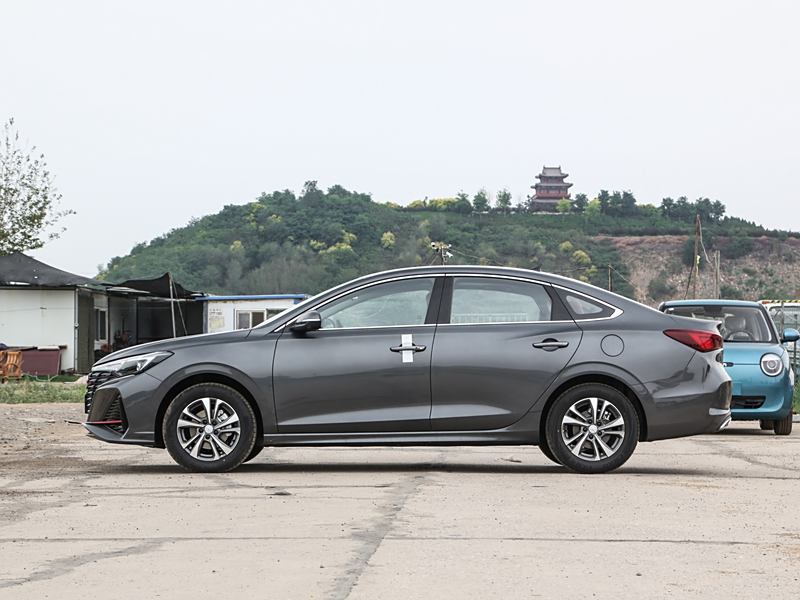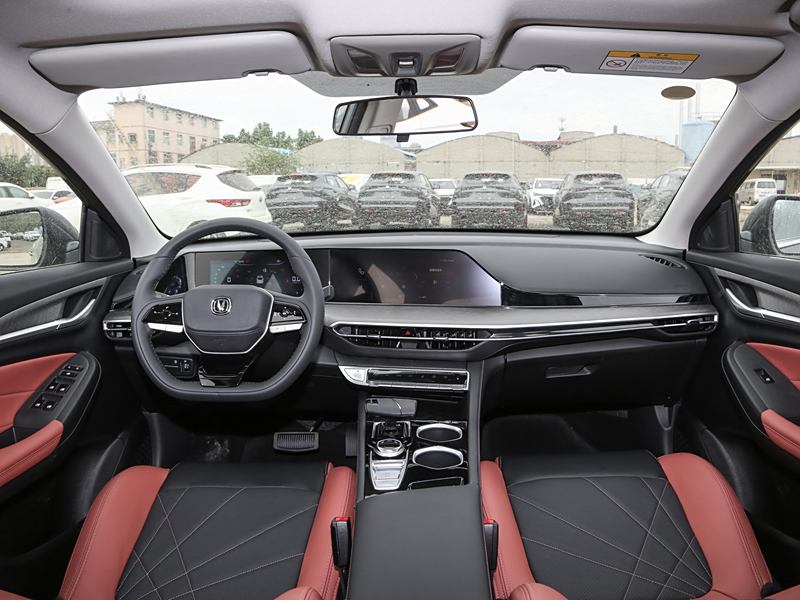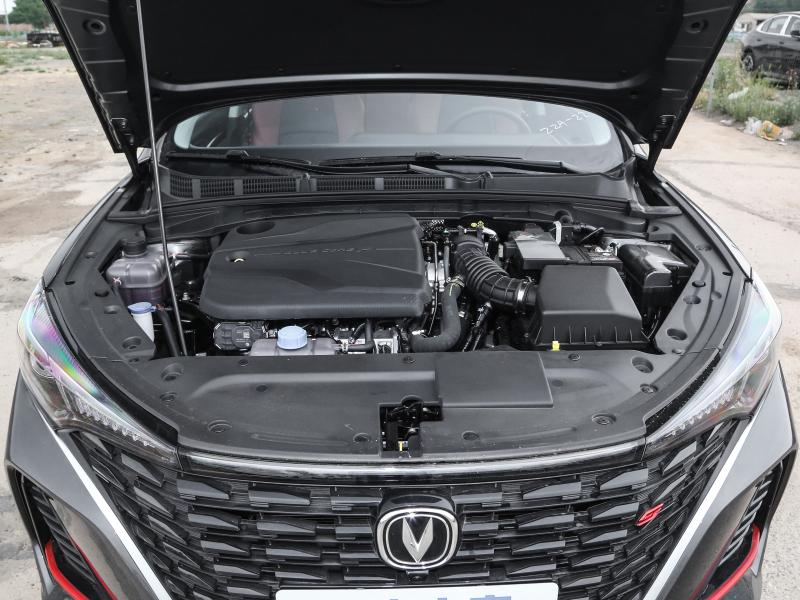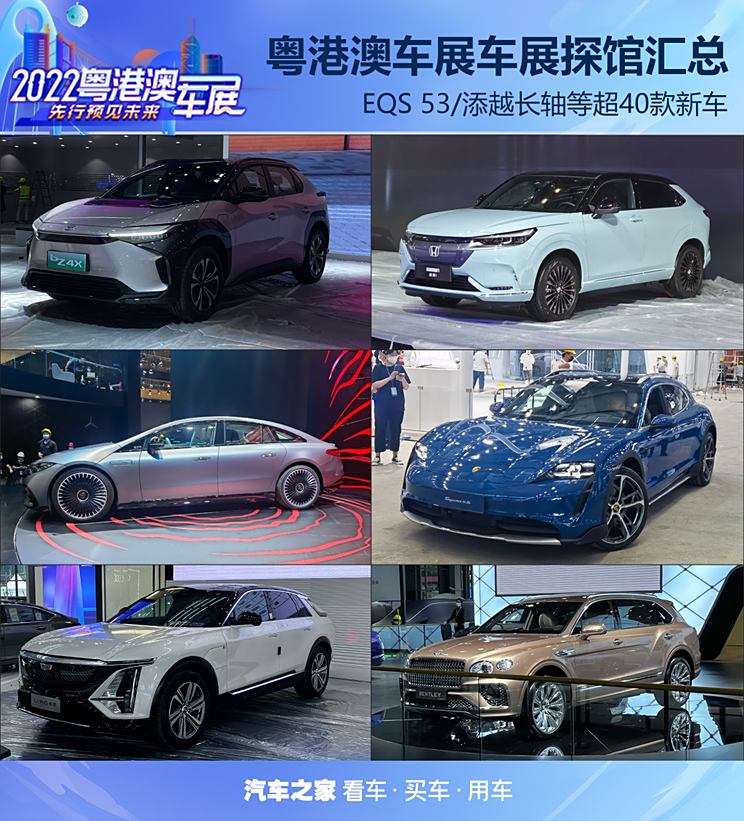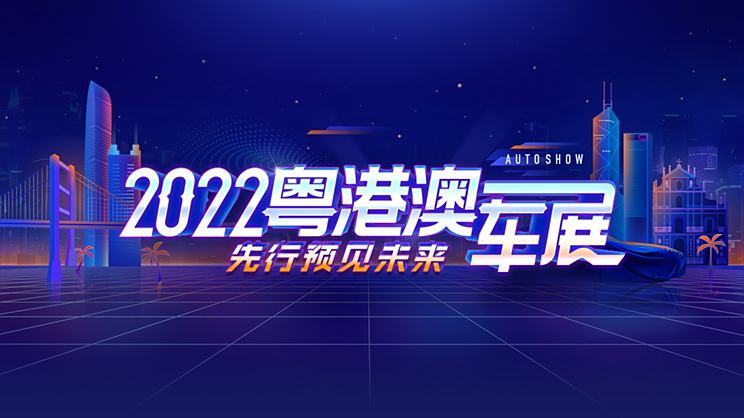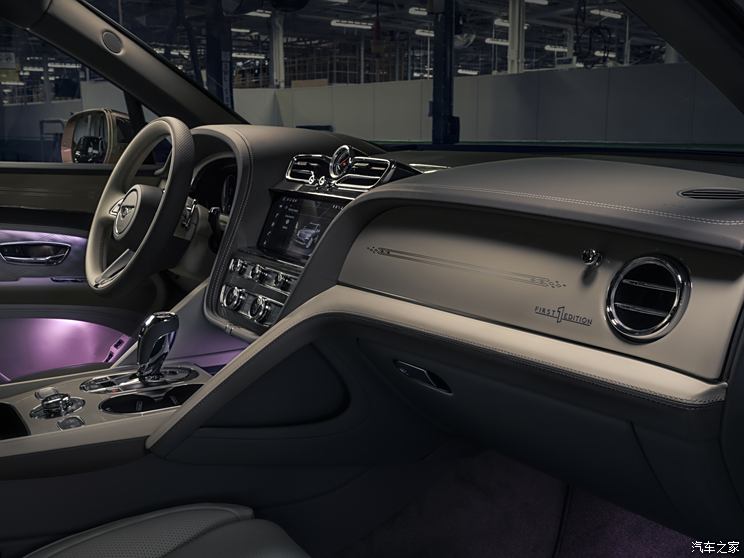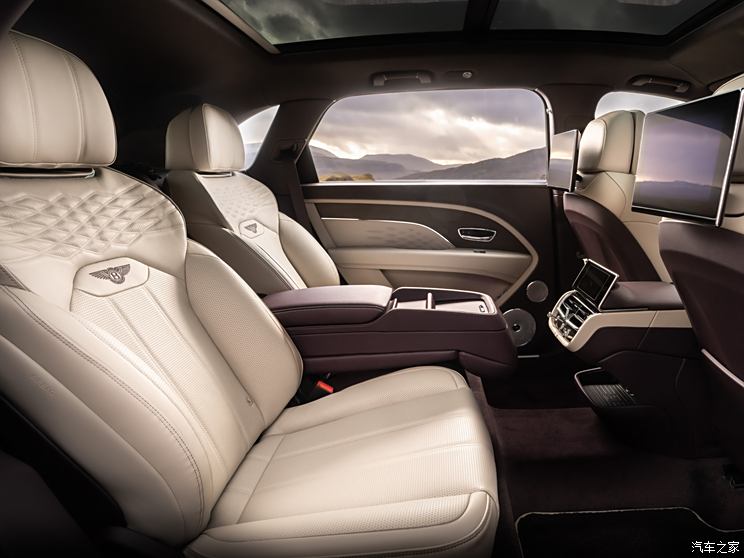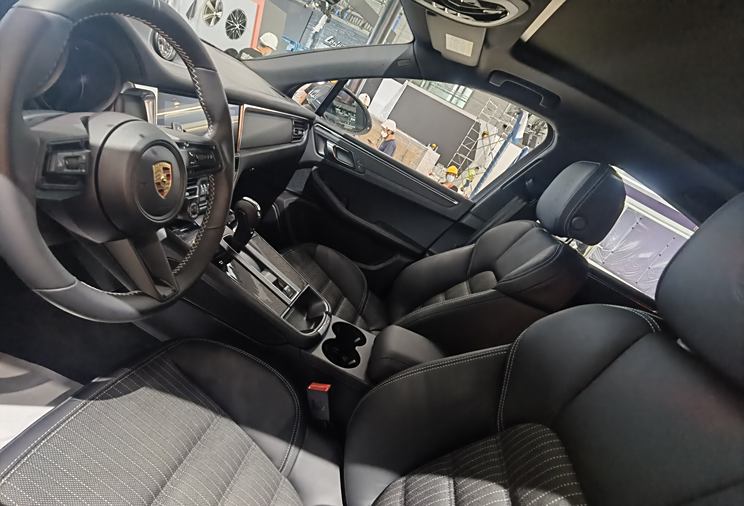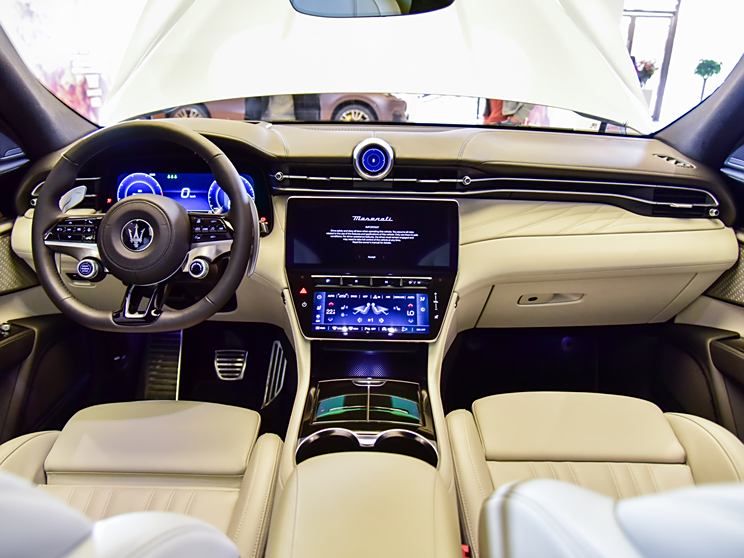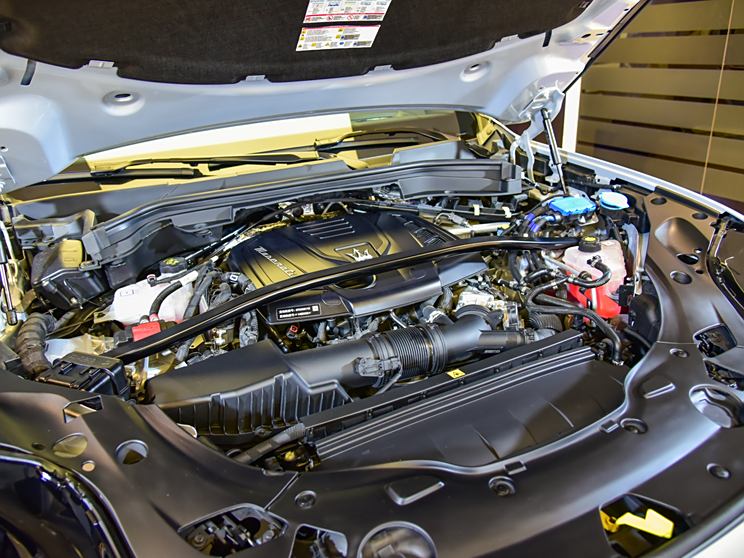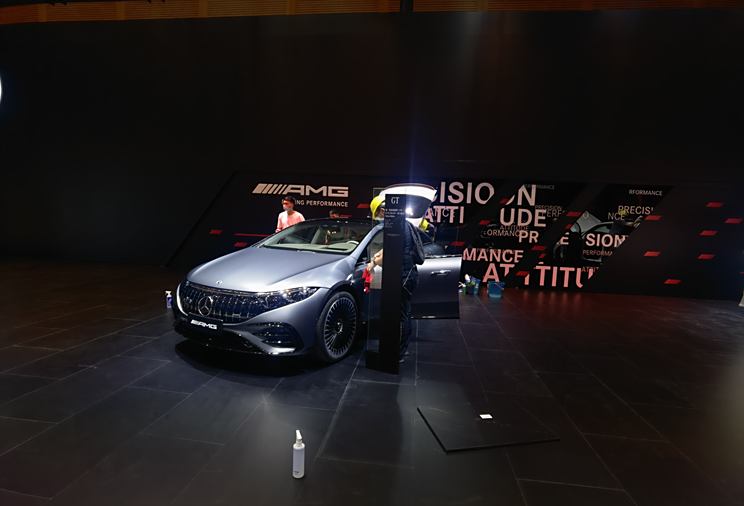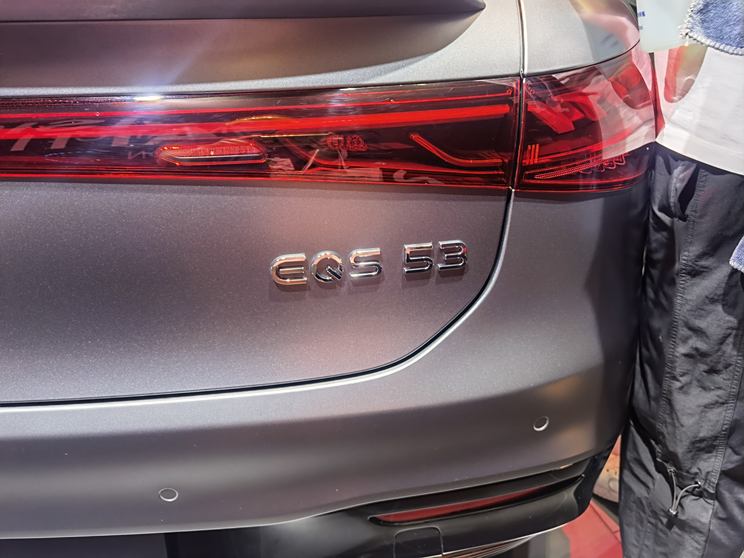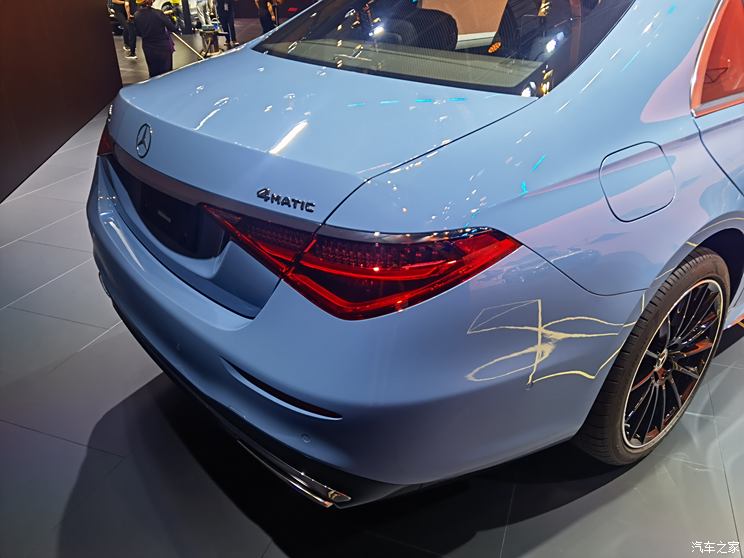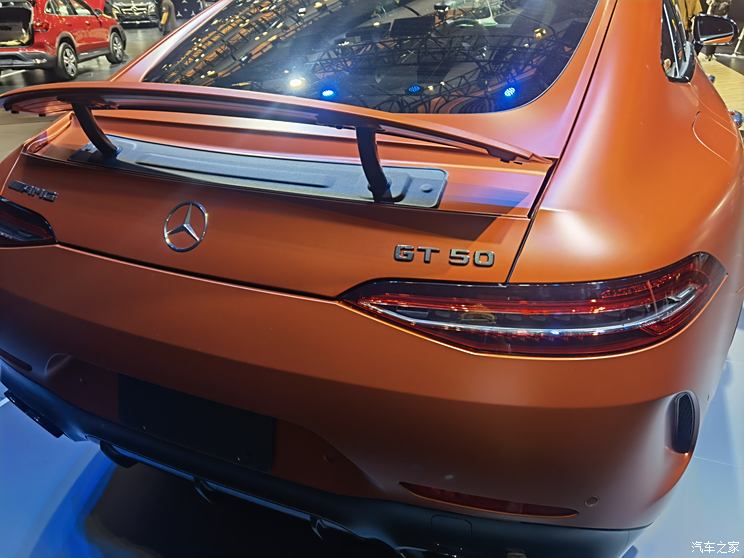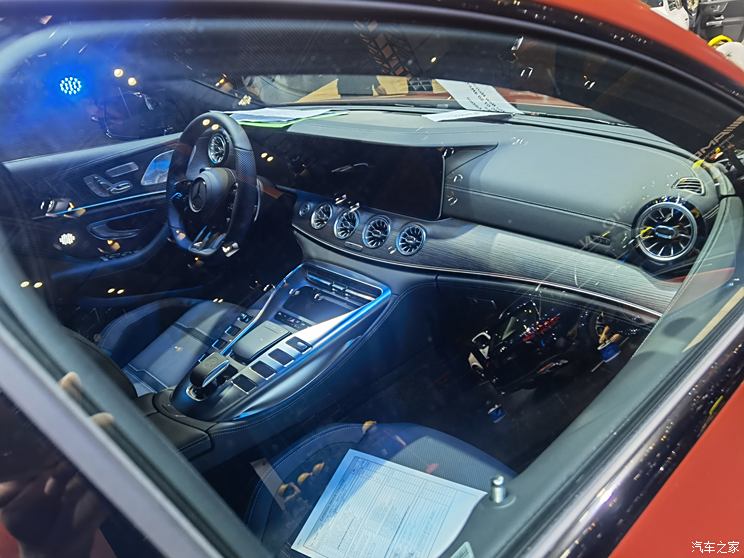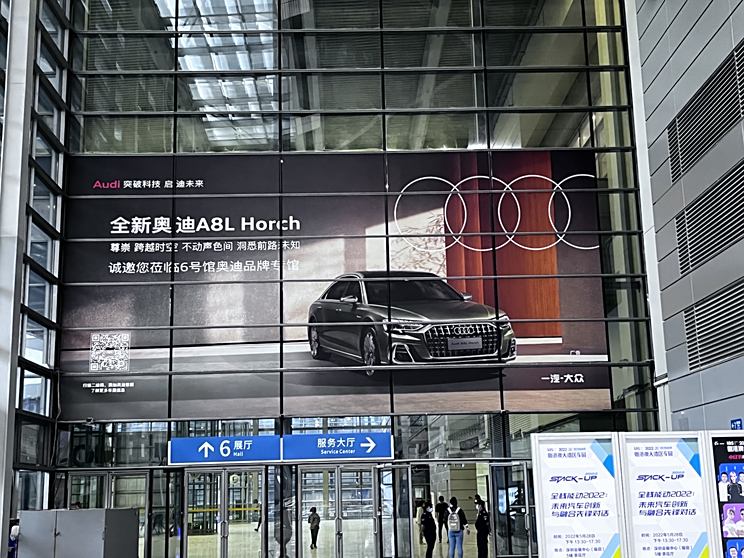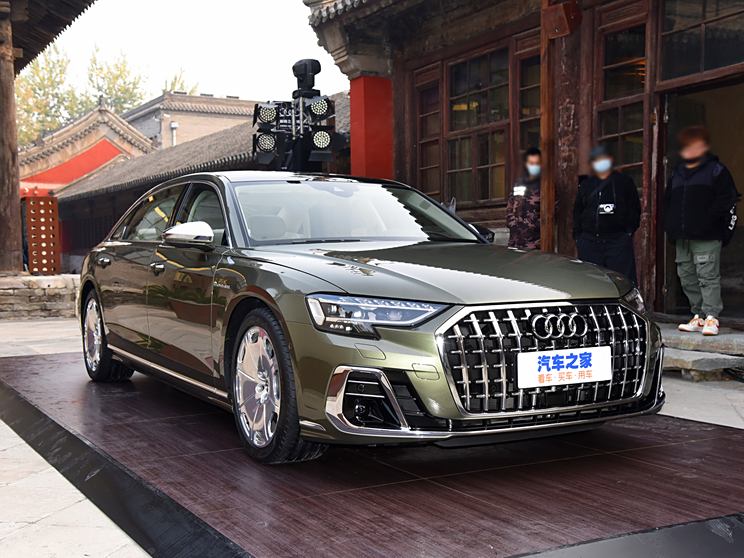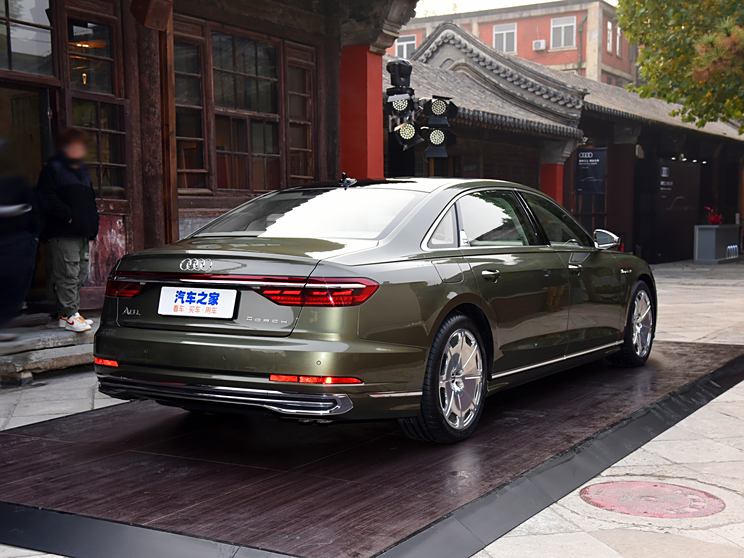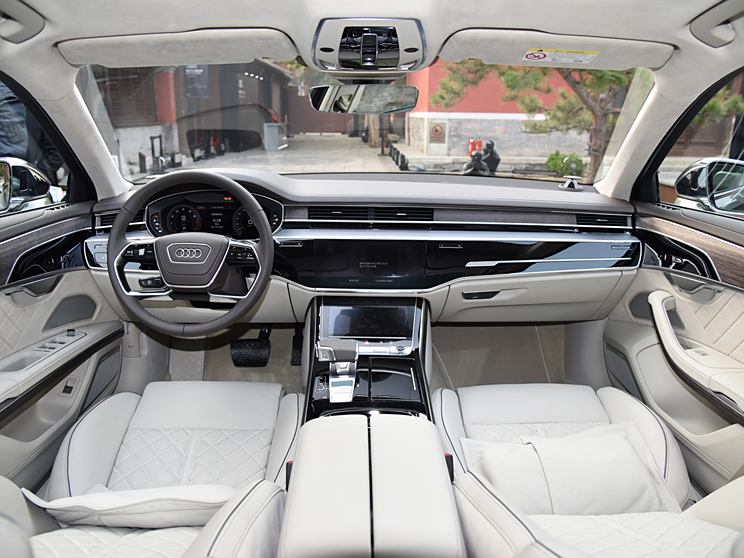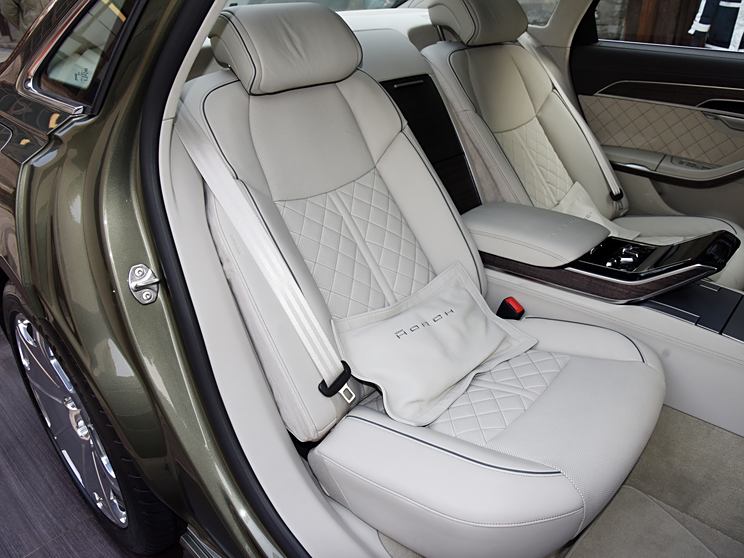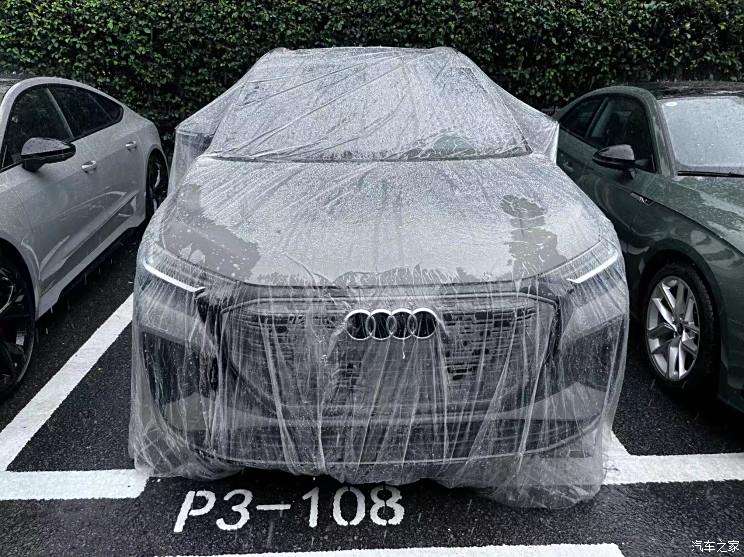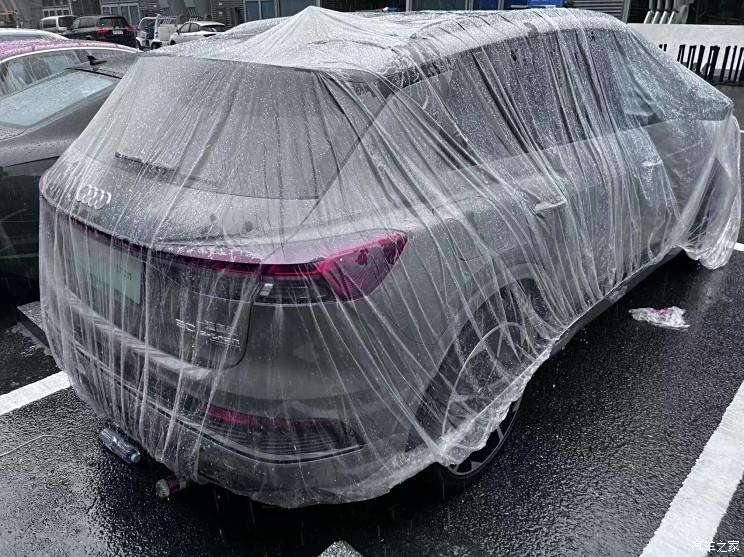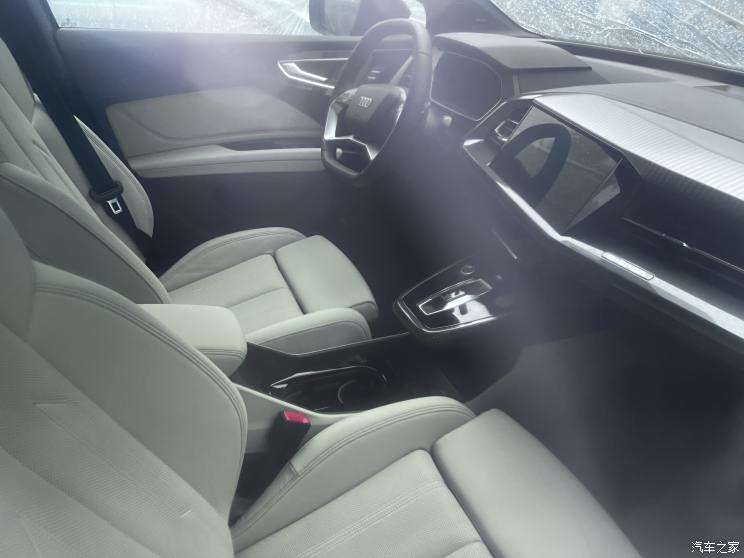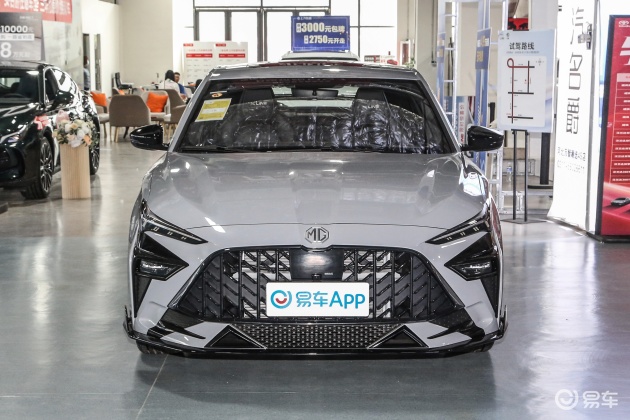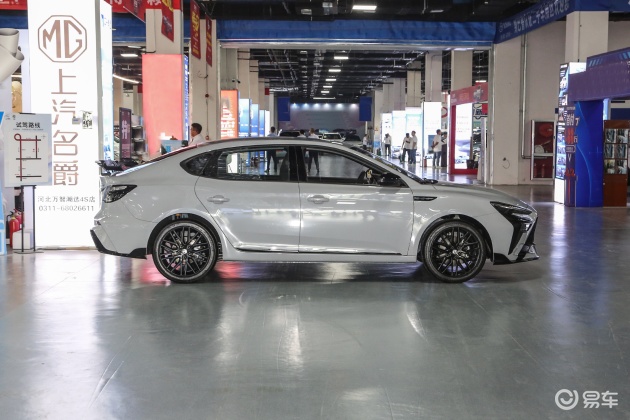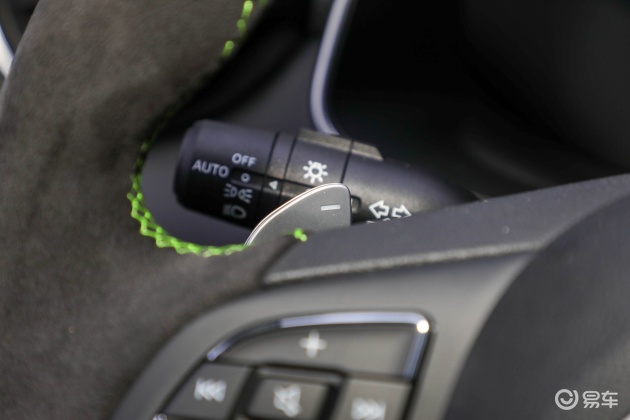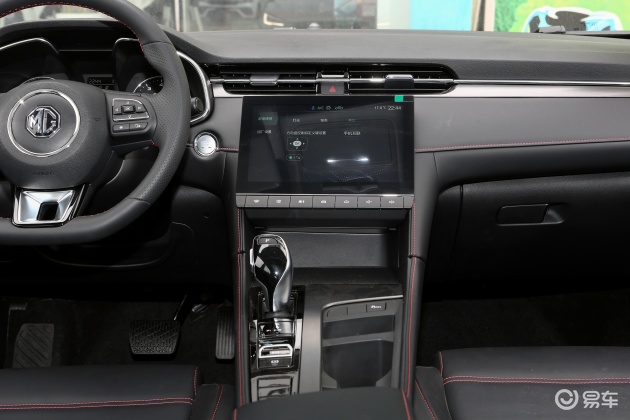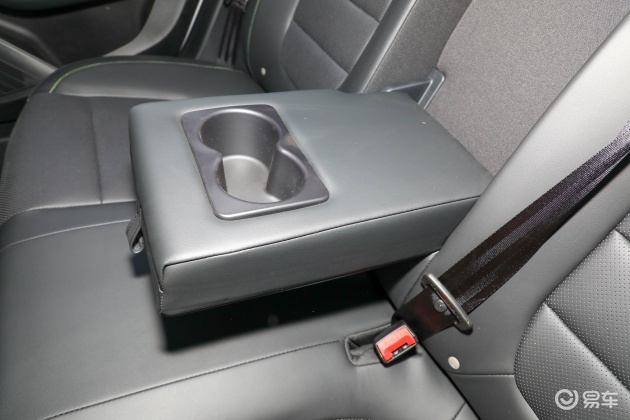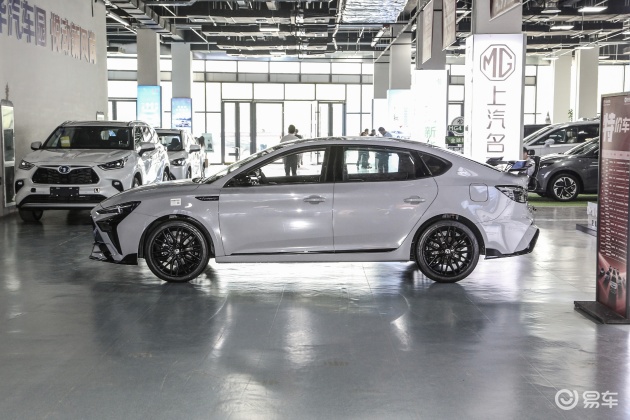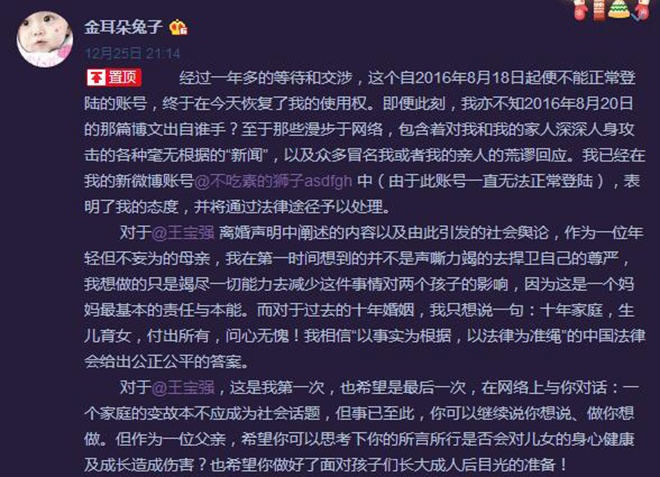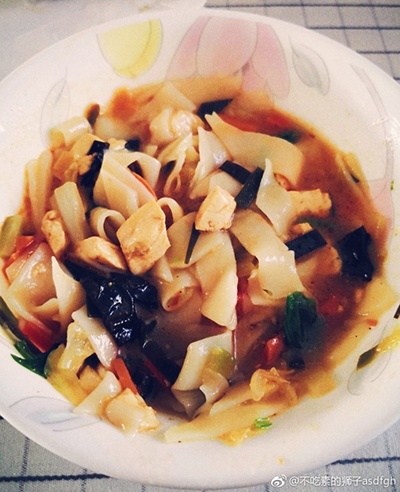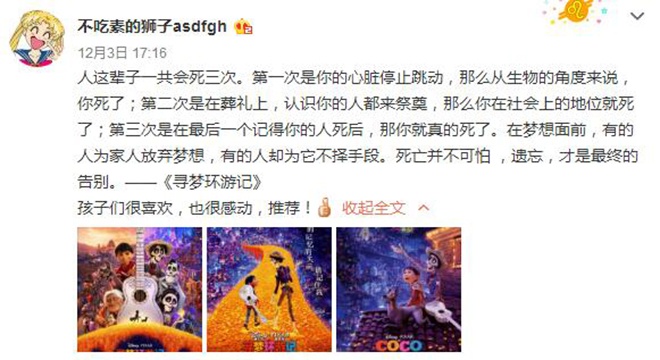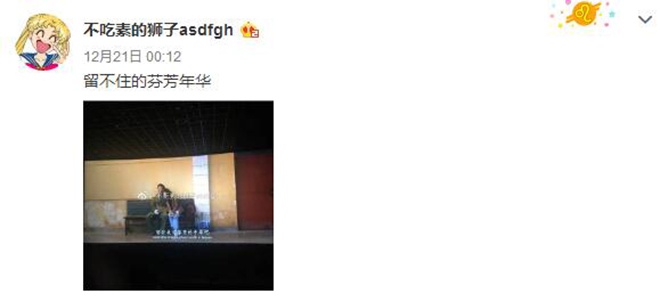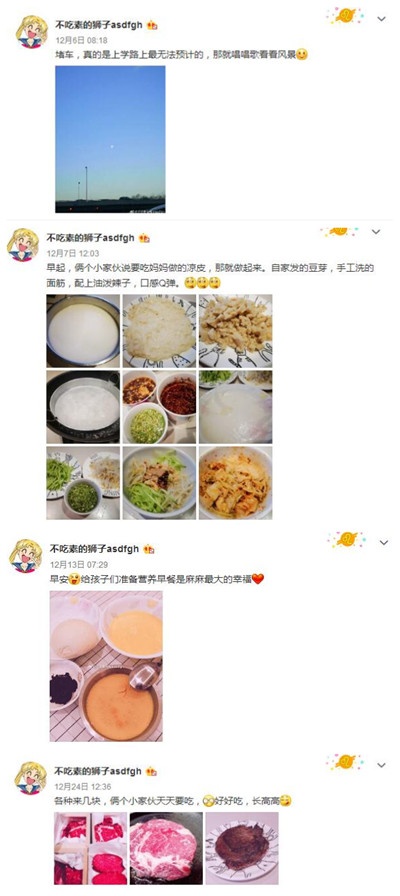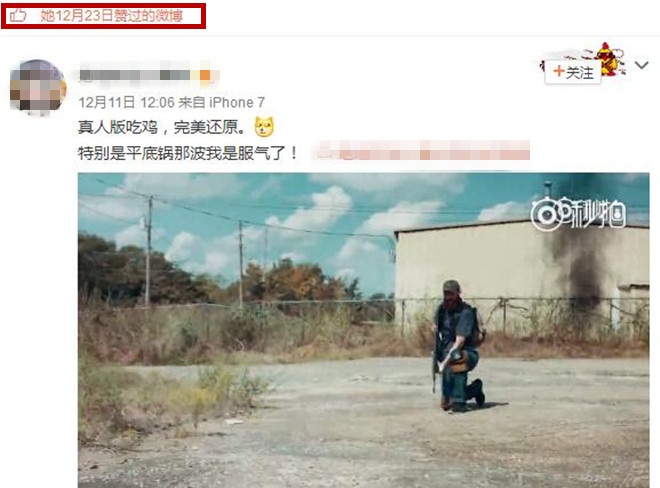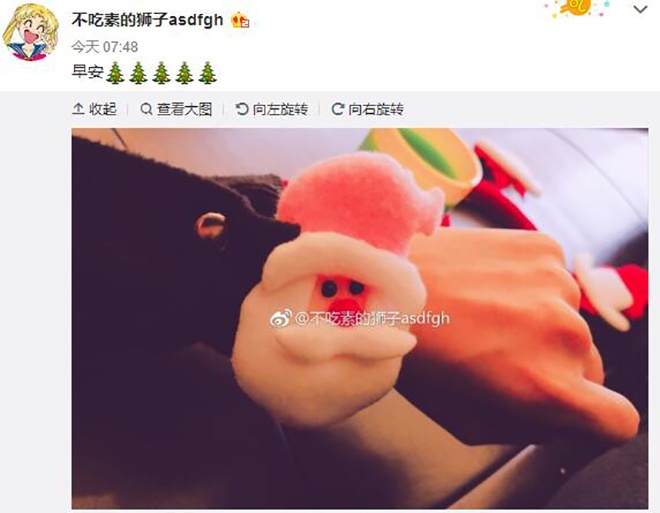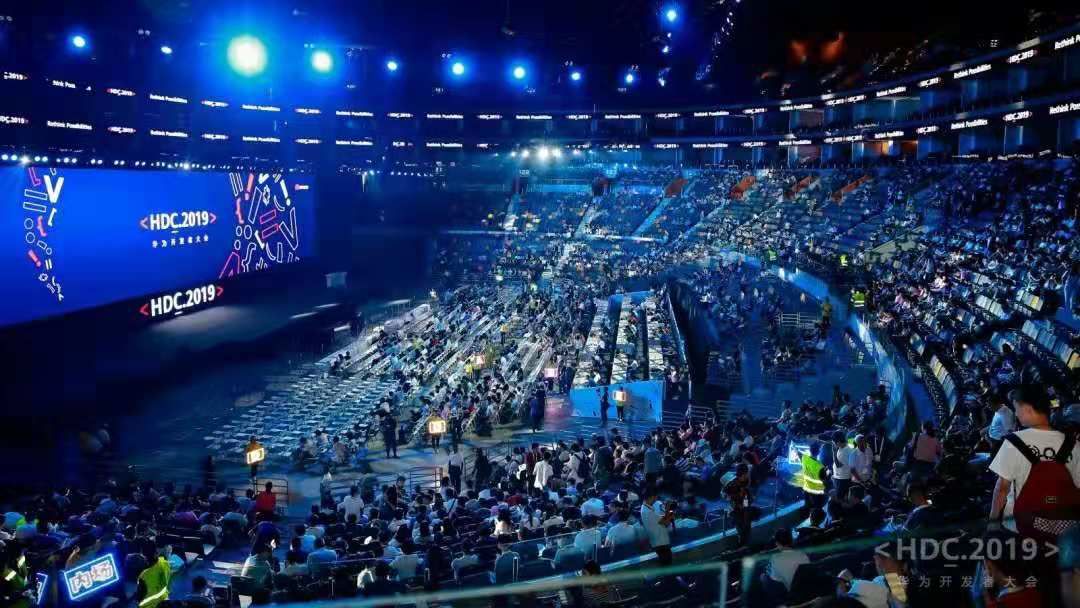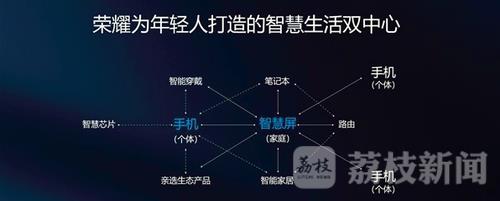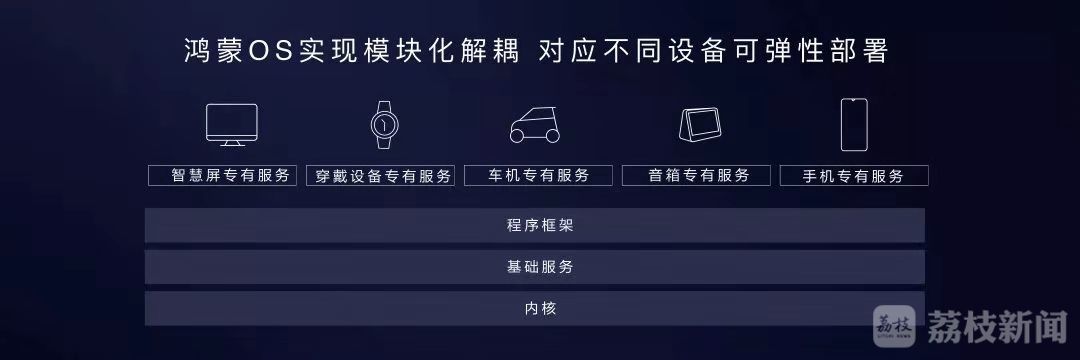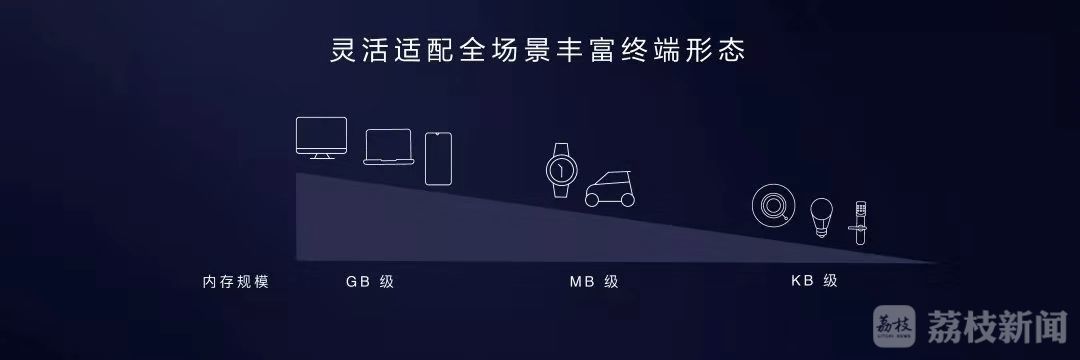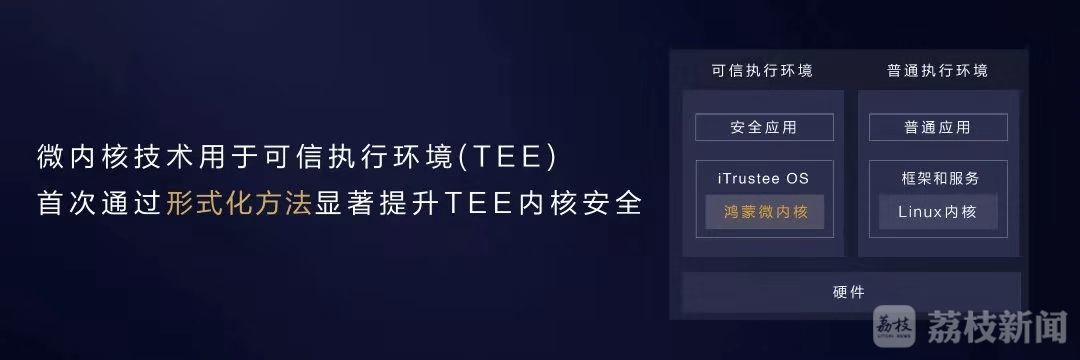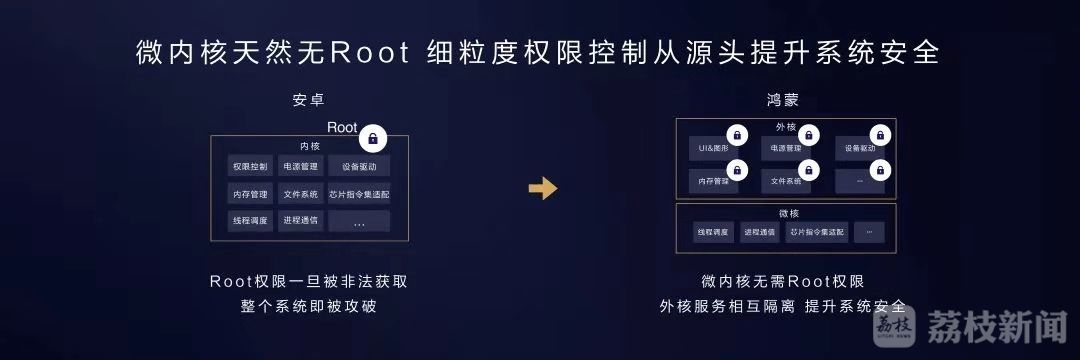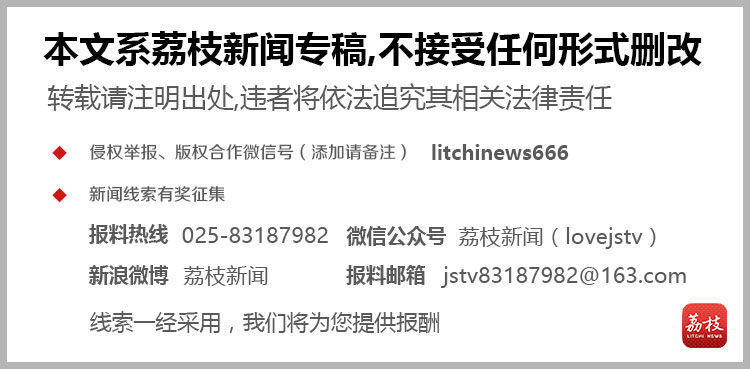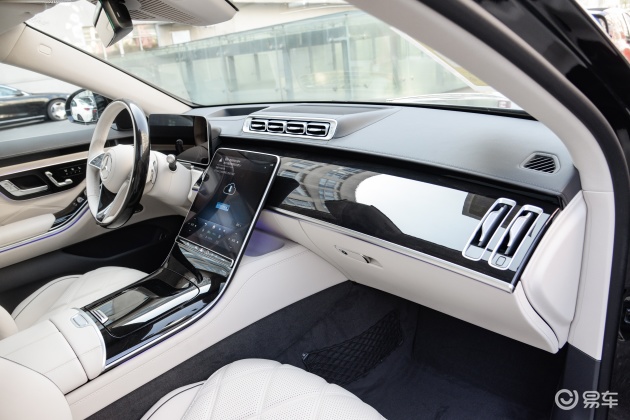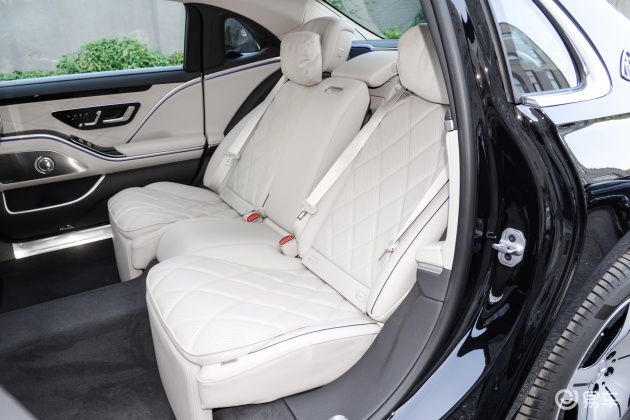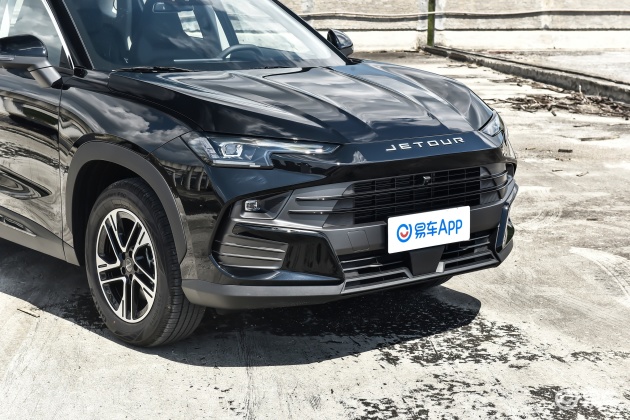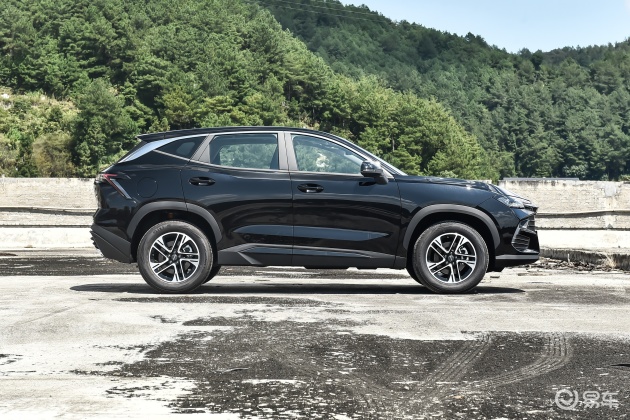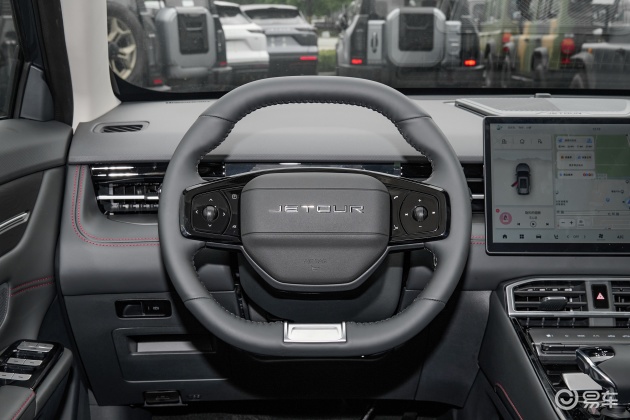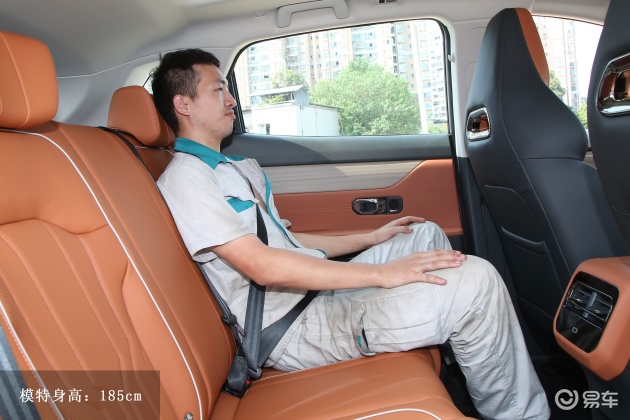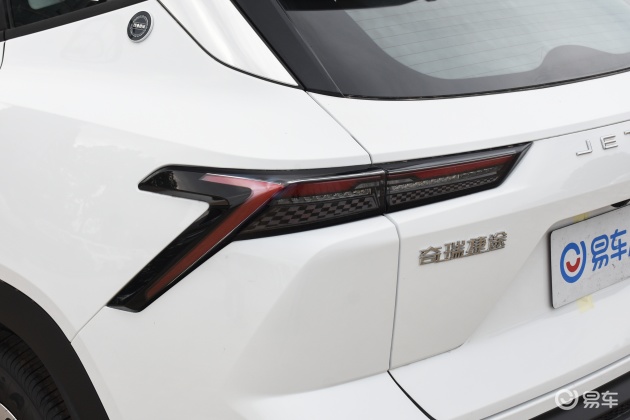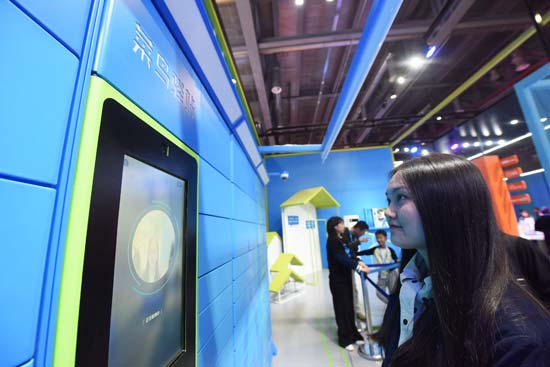
On October 20th, at the 2018 China (Hangzhou) International E-Commerce Expo, visitors were experiencing receiving express delivery through face recognition technology. Photo courtesy of vision china
The price of express delivery has increased again, and it is the dispatch fee again.
A few days ago, ZTO Express announced that it will adjust the express delivery fee from the whole country to Shanghai, and the adjustment range will be implemented by local service outlets in combination with their actual conditions. Immediately afterwards, express delivery companies such as Yuantong, Shentong and Yunda also announced that they would increase the express delivery fee for all outlets in China to Shanghai by 0.5 yuan/piece. At this point, the "three links and one reach" have basically raised the cost of express delivery this year.
However, in the business model of franchised express delivery, such as "three links and one service", the headquarters of the express delivery company is only responsible for trunk transportation, and the work of collecting and dispatching parts before and after is generally the responsibility of the franchised outlets. The dispatch fee is the fee paid by the participating outlets to the dispatched outlets. Therefore, this dispatch fee may not directly lead to an increase in the courier fee on the consumer side.
In fact, a similar practice appeared on the eve of double 11 last year. Is the express delivery industry about to enter a new cycle of raising delivery fees every October? What new problems does the express delivery industry face when the price rises in the peak season?
"Three links and one arrival" will increase the dispatch fee, and some express cabinets will also start charging.
Last October, also on the eve of double 11, courier companies such as "Three Links and One Reach" also made similar moves. In addition, in the peak season of express delivery in the previous two years, the franchised express delivery companies have paid the dispatch fee. For example, before "double 11" in 2015, several express delivery companies raised the delivery fee from 1.5 yuan to 2 yuan.
However, similar to last year, the delivery fee raised by the courier company may not have a direct impact on consumers. China Youth Daily Zhongqing Online reporter visited some express outlets in Beijing, and found that the express fee of consumers has not changed generally.
Chen Qiangfeng, the person in charge of a ZTO Express outlet in Chaoyang District, Beijing, said that the delivery fee of the outlet has been raised, and the possibility of raising the delivery fee is not ruled out. "But at present, we have not received the notice of price increase with users".
Shao Zhonglin, former deputy secretary-general of China Express Association and founder of Yongyong think tank, said that most of the "three links and one reach" express delivery outlets, and the profits of the headquarters are brought by grassroots outlets. If the headquarters requires price increases, it needs to be conveyed layer by layer, so how the express price at the sales end changes depends on the choice of each outlet.
In addition, as another delivery method, express cabinets in some areas have also begun to change from free pick-up to charging strategy. "It seems that starting from this month, after the express cabinet is overtime, it will cost 1 yuan more to re-take out the package." Wang Yongliang, a citizen of Quanzhou, Fujian Province, said that the express delivery cabinets in his own community have also started to charge, but in the past, even if it took more than 24 hours, they could pick up the pieces for free.
Xu Yong, chief consultant of Express Logistics Consulting Network, believes that the increase in dispatch fees last year and this year is a manifestation of the gradual establishment of floating pricing mechanism in express delivery industry. In his view, express delivery is similar to air tickets, hotels and other service industries, and it is a floating pricing model of "discount in off-season and price adjustment in peak season". With the approach of double 11, the "three links and one arrival" express delivery company, which is mainly based on e-commerce express mail, will also usher in the peak demand for transportation capacity. And this time, after dispatching the parts fee, it can also play a role in regulating supply and demand.
"If the courier company can really establish a floating pricing mechanism, it will be a good thing for this industry and play the role of a traffic light." Xu Yong said.
Growth stalls and costs rise. How to retain grassroots outlets?
However, apart from double 11 and other time factors, there are deeper reasons for the price adjustment of franchised express companies again. After the growth of sturm und drang in previous years, the growth rate of express delivery industry has gradually slowed down. According to the data of the State Post Bureau, in 2017, the national express delivery business volume was 40.1 billion pieces, a year-on-year increase of 28%; Business income reached 495 billion yuan, up 24.5% year-on-year. Compared with previous years, both business volume and income have slowed down a lot.
At the same time as the slowdown in growth, the profit rate of the industry is also gradually declining. According to the industry research data of CICC, the gross profit margin of express delivery industry has dropped from about 30% in 2007 to about 5~10% at present.
Why is there a decline in business income growth and profit margin? Maybe we can find the answer from the cost. The "Three Links and One Reach" financial report shows that in the first half of 2018, the operating costs of Zhongtong, Yuantong, Shentong and Yunda were 5.253 billion yuan, 10.485 billion yuan, 5.371 billion yuan and 4.177 billion yuan respectively, up by 40.8%, 46.33%, 20.50% and 40.85% respectively compared with last year.
The cost has risen sharply because it has to meet the growing demand for express delivery. According to a research report of changjiang securities, the highest daily average handling capacity of express delivery industry reached 330 million pieces in 2017. In the peak season like double 11, in order to ensure the normal operation of the express delivery network, express delivery companies often need to recruit a large number of temporary personnel and lease more venues and vehicles.
Shenwan Hongyuan Securities Research Report believes that from the peak season of previous years, the demand is released in a centralized way, requiring outlets and distribution centers to add cars and people, and all costs are significantly higher than those in the off-season. The performance of the express delivery industry is often not prosperous in the peak season. Price increase and volume control in peak season can improve the profitability of outlets and headquarters in the fourth quarter. By increasing the dispatch fee in the peak season, it can help outlets screen high-quality customers and control the peak season business volume in the most economical business volume range, thus truly improving the profitability of the peak season network.
Since most of the express mails of the "three links and one service" express company come from the e-commerce platform, the delivery end is particularly important outside the trunk transportation. However, with the rising labor costs and the hard work of express delivery, it is often difficult for grassroots express outlets to survive.
As the person in charge of the first-line express outlets, Chen Qiangfeng also said that recently, many grass-roots express outlets in Beijing are recruiting people in advance to cope with double 11, but the progress is not as smooth as in previous years, mainly because many couriers have switched to delivery or express delivery in the same city. Compared with express delivery, the latter has more income and some rest time. In his feelings, the days of grassroots express outlets in the past two years are far less than those of three or four years ago, and many outlets have been resold for various reasons.
To this end, courier companies have also tried various ways to mobilize the enthusiasm of grassroots outlets and retain couriers. In May last year, five express delivery companies, Yuantong, Shentong, Zhongtong, Yunda and Baishi, announced that they would allocate a piece fee of 0.15 yuan/ticket from June 1, 2017. Previously, Tiantian Express also raised the delivery fee.
In addition to the delivery fee, the courier company also adjusted the face-to-face reward system for couriers last year. Take Tiantian Express as an example. If the courier reaches the delivery assessment value, each 0.2 yuan will be rewarded if it exceeds the basic value; If the target value is reached, each 0.3 yuan will be awarded for the part exceeding the basic value.
In addition, many express delivery companies are also trying to make up for the shortage of manpower by adopting new technologies such as intelligent express cabinets. However, the construction and maintenance costs of tens of thousands of yuan and the unclear profit model are also plaguing the development of express cabinets. Take HIVE BOX Science and Technology, an express cabinet enterprise, as an example. It has installed about 75,000 intelligent express cabinets in communities and office buildings, covering 80 cities in China. However, from January to May this year, its operating income was 288 million yuan, and its net profit was-249 million yuan, which still caused serious losses.
The price war is no longer effective, and the express price increase should also upgrade the service.
For a long time, the express delivery industry has been regarded as a vivid portrayal of "whoever raises the price first, who loses the market first", especially the franchised express delivery that mainly relies on the development of e-commerce components. Therefore, in the past, the "three links and one reach" express delivery companies fought a price war to compete for market share.
According to the industry operation data released by the State Post Bureau, the unit price of express delivery industry was 11.91 yuan in August this year, but in 2015, this figure was 13.4 yuan, 14.65 yuan in 2014, 15.69 yuan in 2013 and 18.6 yuan in 2012, showing a downward trend year by year. However, after several major express delivery companies went public one after another and the express delivery market gradually stabilized, price war is no longer the best choice.
Xu Yong said that in the past two years, many express delivery companies have raised the delivery fee several times, which has a lot to do with the price war in the past. For some time, e-commerce has obtained the pricing power of e-commerce express mail by virtue of the advantage of supply, and even very low-priced products also provide postal services, mainly because they can earn the difference in express delivery. Therefore, the franchise express delivery industry has developed to today, and its cost performance has almost reached the best level in the world.
However, with the rising cost of grass-roots outlets, especially the increase of labor costs, it is becoming more and more difficult to rely on manual delivery outlets. Xu Yong said that in the past, grassroots outlets may cut costs by not paying social security, but after the listing of express delivery companies such as "three links and one service", such practices gradually decreased, so problems such as resale, difficulty in recruiting workers and high turnover rate at grassroots outlets gradually emerged.
Shao Zhonglin also believes that the development of "three links and one reach" express delivery has benefited from e-commerce express delivery for many years, but the sales price and cost of express delivery do not match. The survival and development of many grassroots outlets are mostly maintained by reducing service quality or sacrificing employee welfare. "This development is unhealthy."
Many users also understand the express price adjustment, but they also hope that the corresponding service level can keep up. Zhong Li, a citizen of Chongqing, said that even if the express delivery company raises the price for consumers by 50 cents, even 1 yuan can understand it, but if the price increase alone does not improve the service level, it is very unreasonable. In his view, problems such as barbaric handling, privately dismantled express delivery, and lost express mail still exist, which cannot be solved by raising prices.
Xu Yong also pointed out that on the one hand, consumers should gradually adapt to the floating pricing mechanism of the express delivery industry, on the other hand, express delivery companies should also adjust prices within a certain range, and at the same time increase service supply to ensure the same service level as usual, not only to ease the pressure of quantity, but also to find ways to solve qualitative problems.
China Youth Daily Zhongqing Online Reporter Wang Lin

